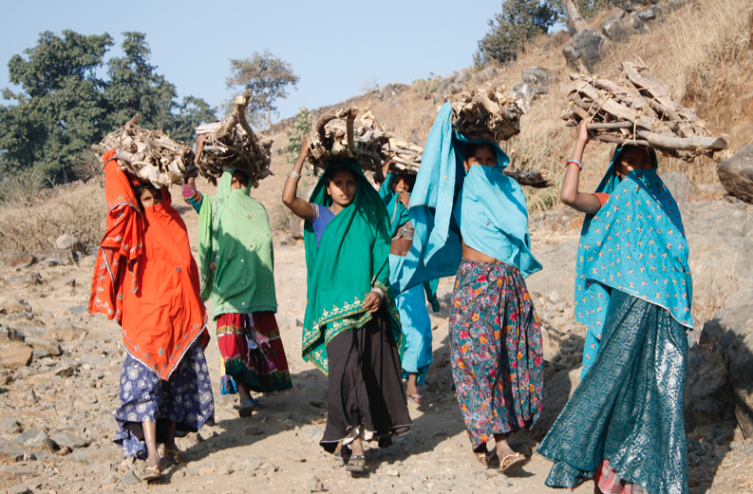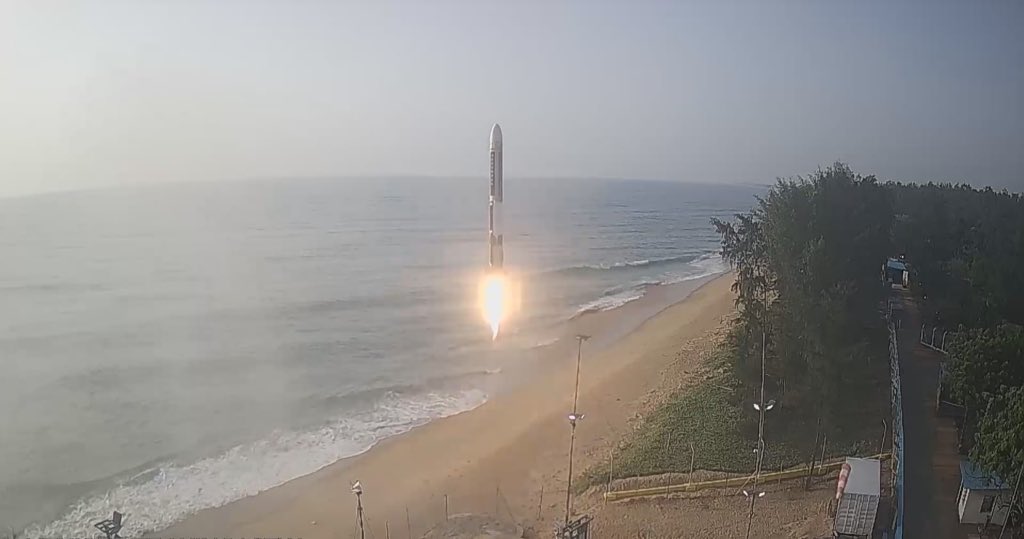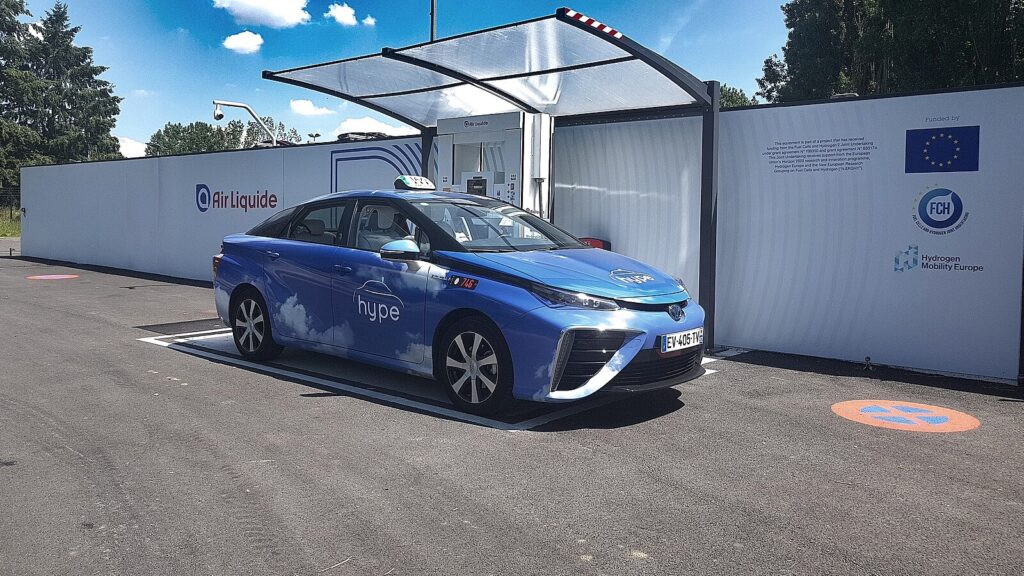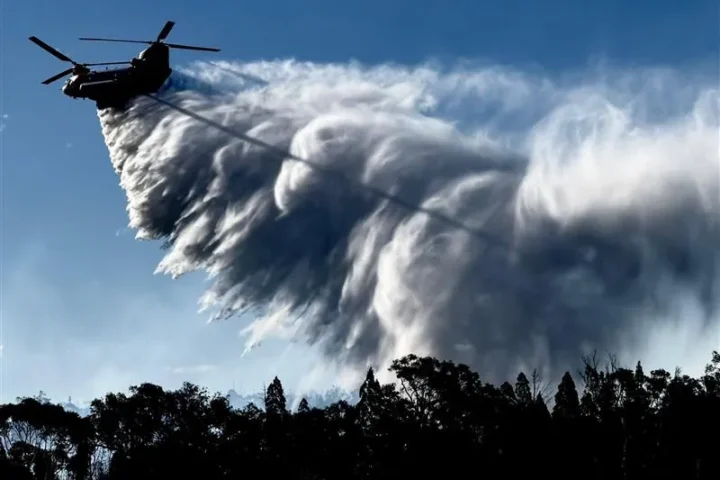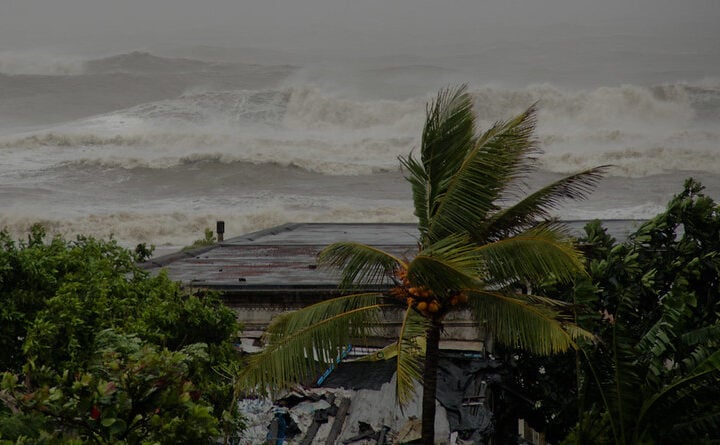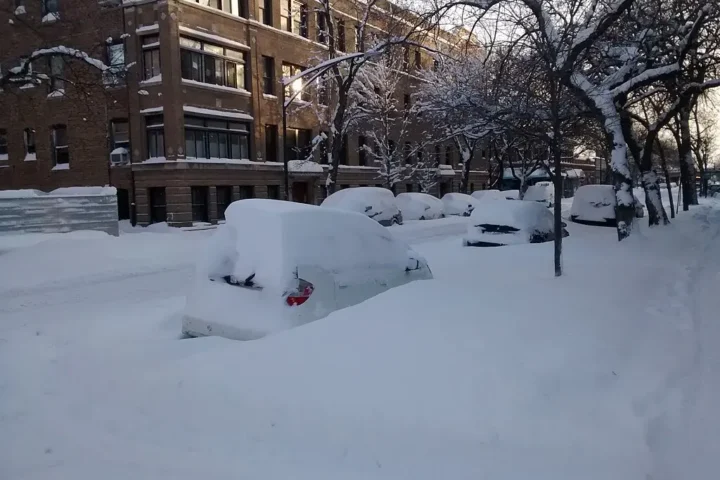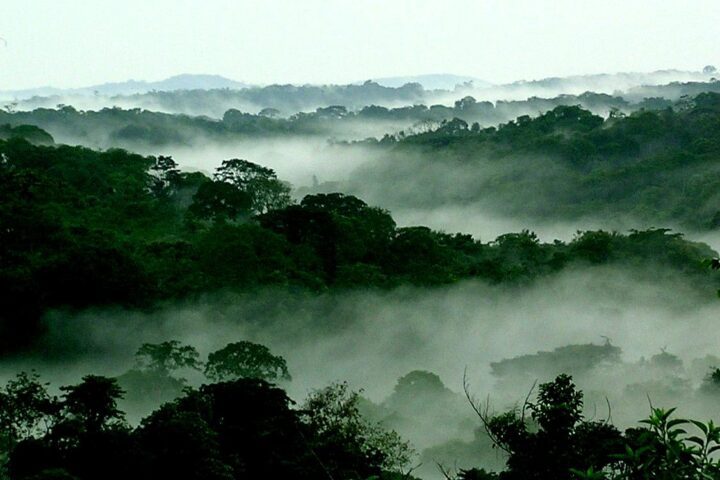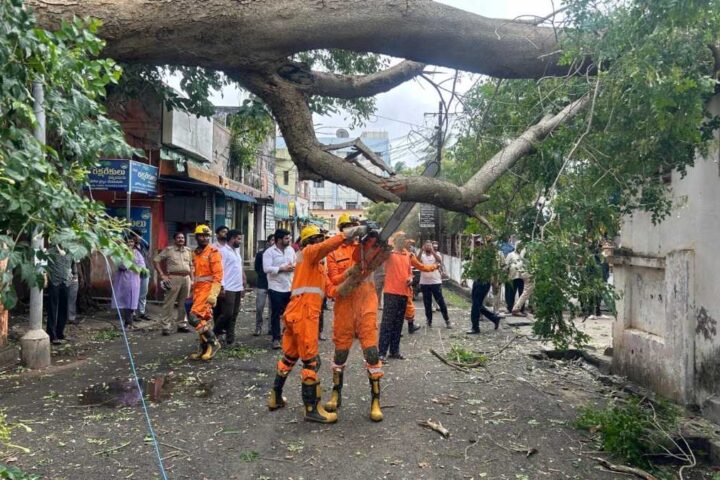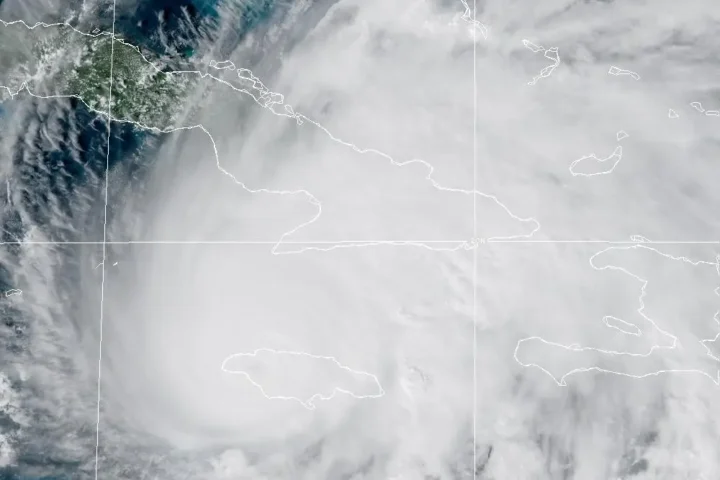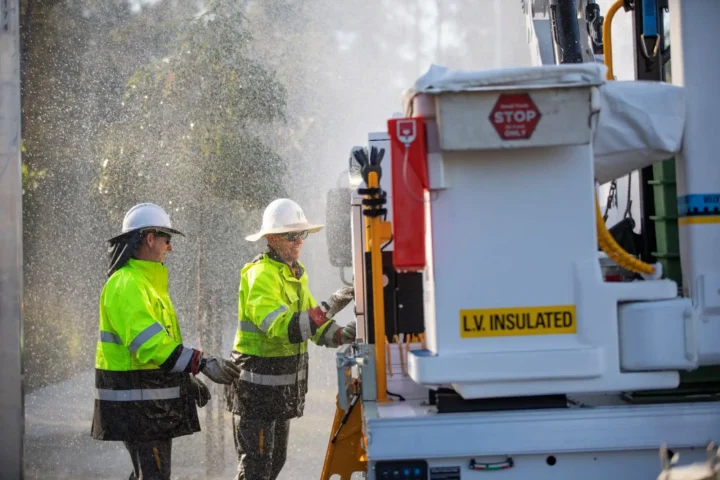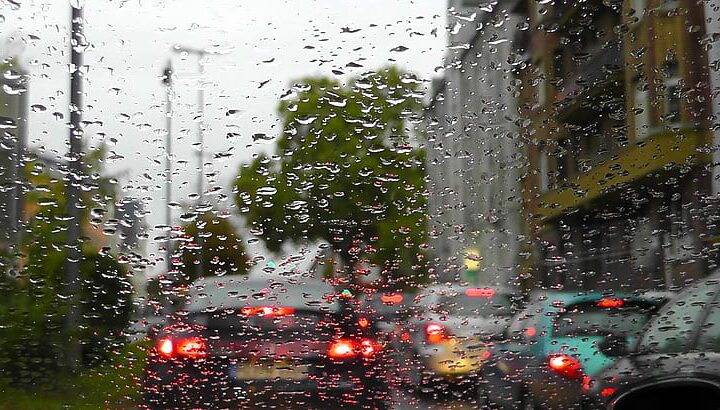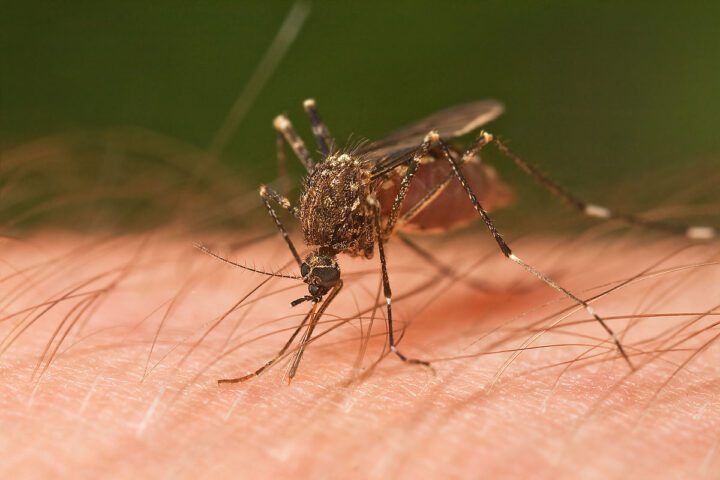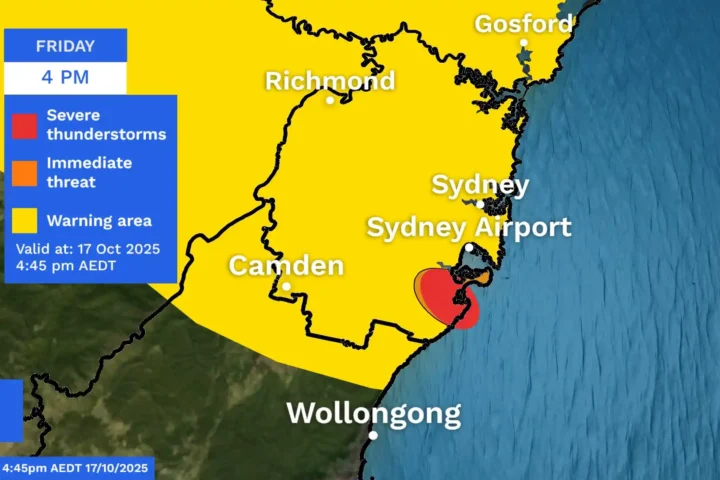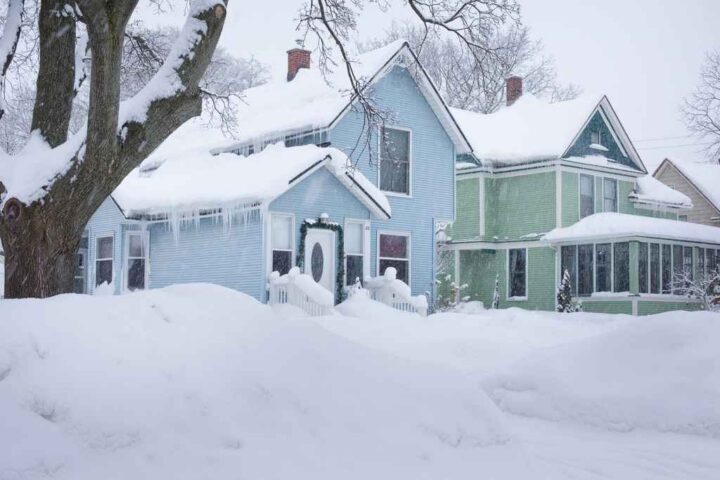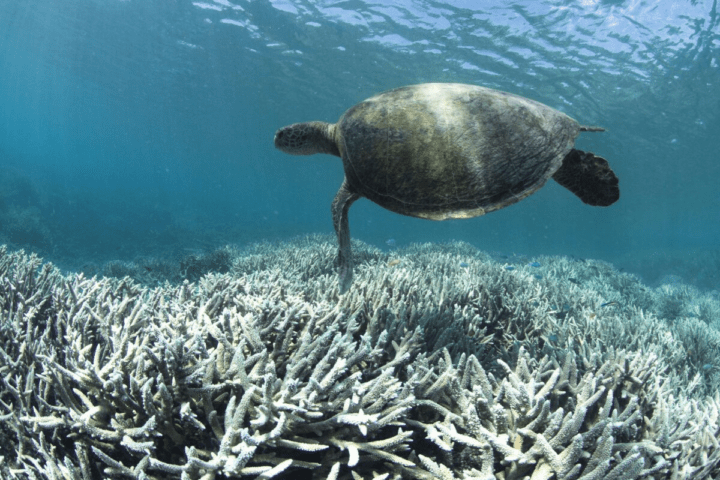A weather station in New Delhi recorded 52.9 degrees Celsius on Wednesday, a record high for the Indian capital, amidst an extreme heatwave in the northern part of the Asian country. This temperature, practically unlivable, was recorded in the Mungeshpur area on the outskirts of the capital, bordering the desert state of Rajasthan, according to the Indian Meteorological Department (IMD). “The maximum temperature over Delhi NCR varied from 45.2° to 49.1°C in different parts of city, Mungeshpur reported 52.9°C as an outlier compared to other stations,” said IMD.
In addition to the high temperatures in New Delhi, there is an alert due to water scarcity, prompting the city government to impose restrictions on its supply and deploy teams to monitor its use on Wednesday. The high temperatures have forced authorities to close schools and have caused dozens of suspected heatstroke deaths in Rajasthan. The experts attributed these record temperatures to several factors, including the influence of Cyclone Remal, which hit the Bay of Bengal last weekend, causing the deaths of at least 21 people. “Prevailing Heat wave conditions over Northwest, Central & East India are likely to abate gradually during next 2-3 days,” IMD stated.
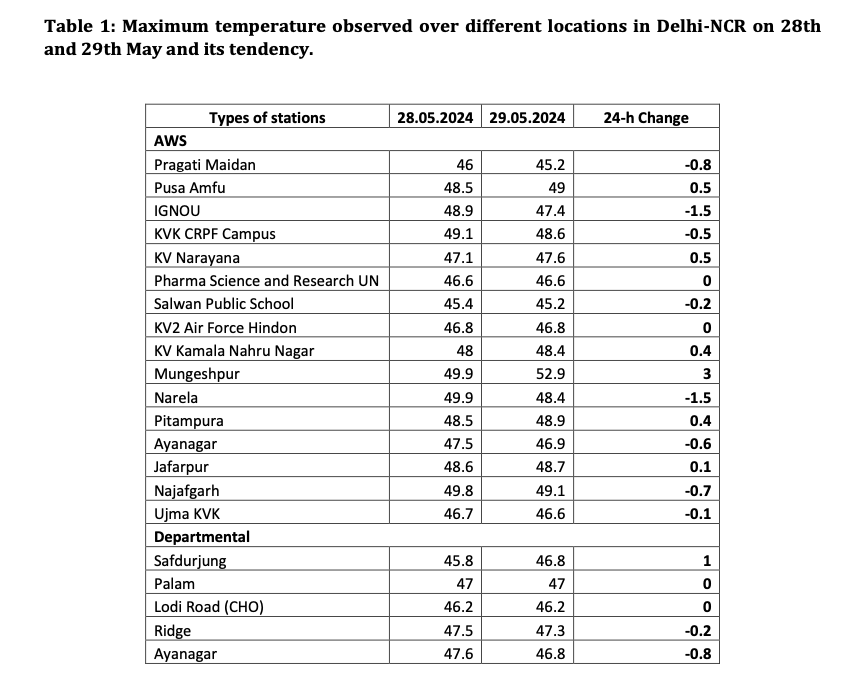
In their latest bulletin released on Wednesday, India’s meteorological services indicated that the high temperatures are “likely” to decrease from next Thursday. These extreme temperatures that much of India has been experiencing for weeks have been cited as one of the reasons for the decrease in voter turnout in the early phases of the ongoing general elections, which began on April 19 and will end on June 1. The extreme heat in northern India has coincided with a six-week general election, increasing health risks as people queue for long hours to cast their votes. Voting concludes on Saturday.
Similar Post
The high temperatures are also taking a toll on animals, putting them at risk of dehydration and heatstroke. Animal conservationists are concerned that endangered wildlife are facing most of the brunt, and a water shortage is making the situation worse.
